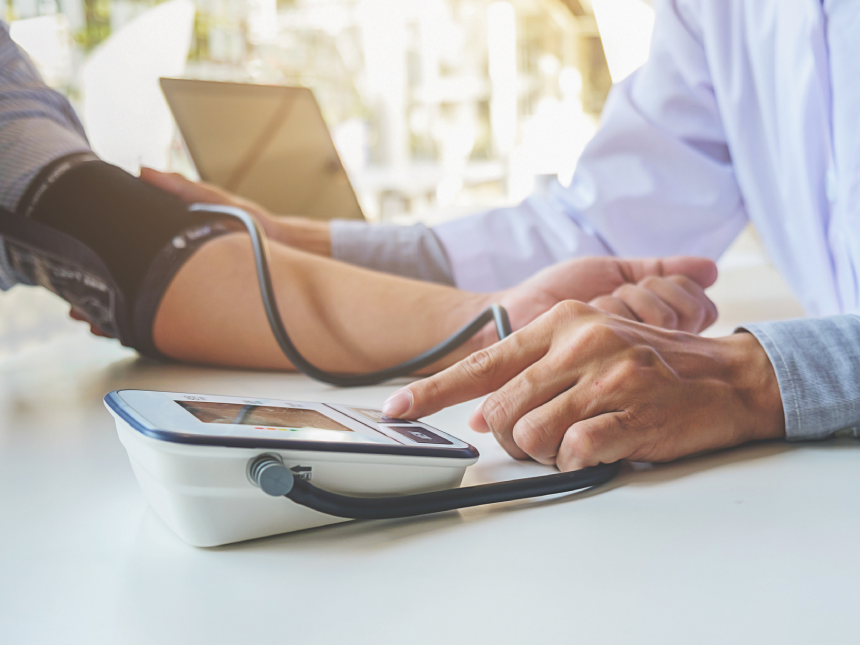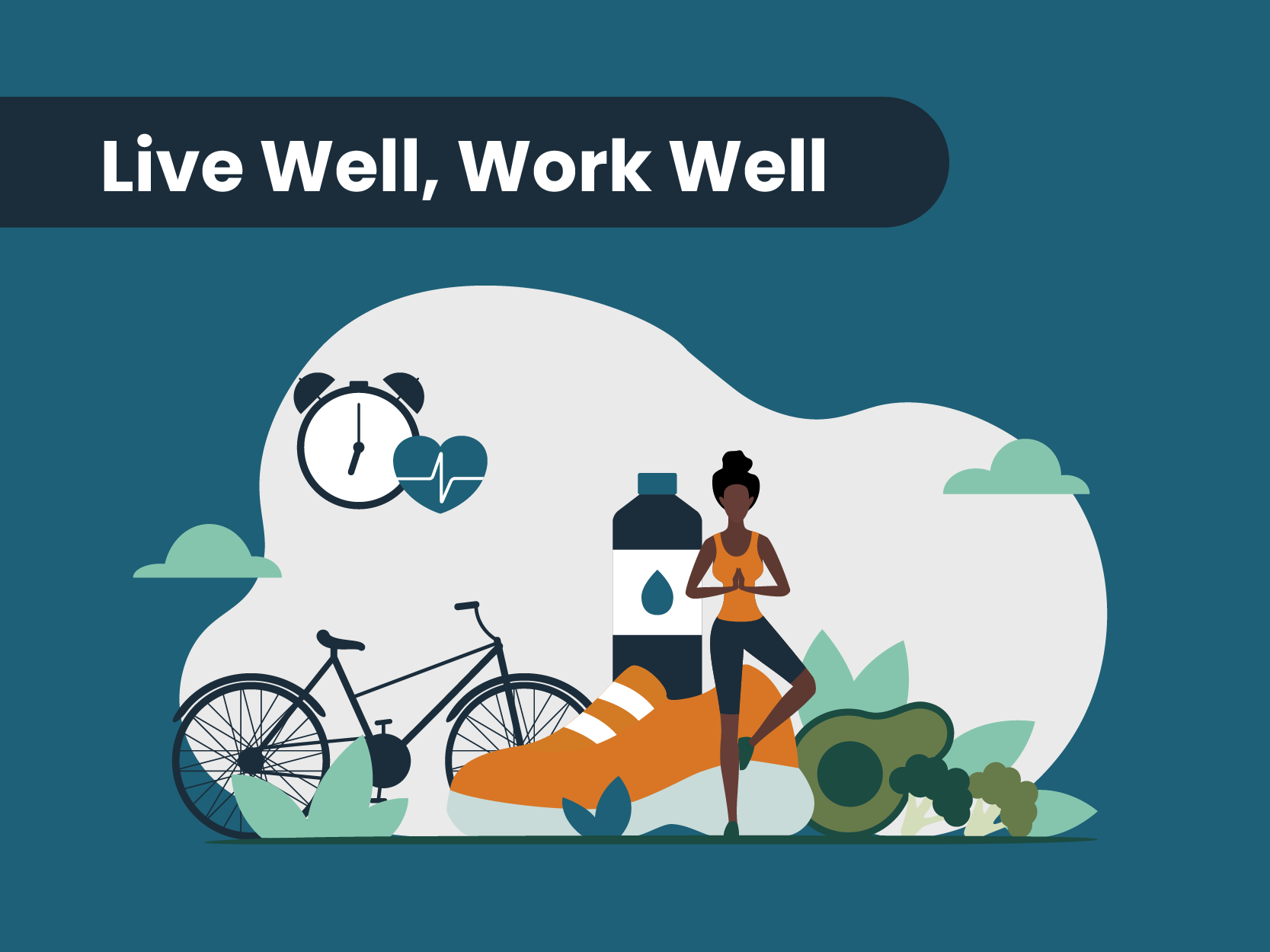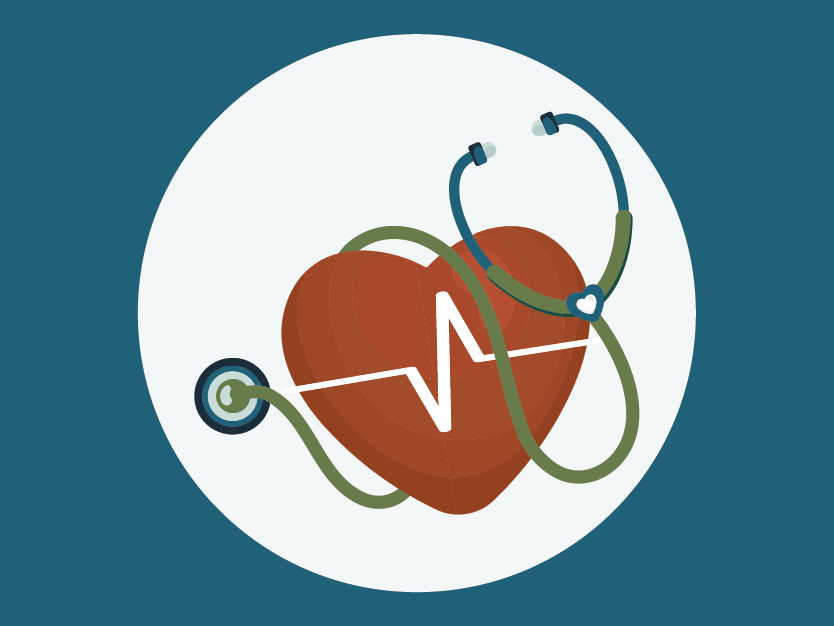Skillet Pasta Dinner
A quick and delicious one-pot meal that is sure to please the whole family. Add your favorite frozen or fresh veggies to this dish!

High blood pressure is a serious condition that can lead to heart failure, heart attack, stroke, and kidney disease. High blood pressures is often referred to as the “silent killer,” because many people never experience symptoms. This is why it’s so crucial to get your blood pressure checked on a regular basis, and keep it under control.
What is high blood pressure?
Each time the heart beats, it pumps blood into the arteries. Blood pressure is measuring the amount of pressure against the artery wall when the heart contracts (systolic pressure) and when the heart is at rest (diastolic pressure). This is why blood pressure is always given as two numbers. The top number is the systolic pressure and the bottom number is the diastolic pressure. The American Heart Association defines “Normal” blood pressure as being less than 120/80.
Once the level reaches 130/80 or above, it is considered Hypertension Stage 1. With this condition, the heart is working hard to pump blood through the arteries placing extra strain on the cardiovascular system which increases the risk for a stroke or heart attack.
Nearly half of all U.S. adults have high blood pressure. Luckily, high blood pressure is easy to identify, and relatively easy to treat.
How do I get my blood pressure checked?
If your blood pressure is greater than 120/80, it is recommended that you track your blood pressure regularly. See the American Heart Association’s recommendations on Monitoring Your Blood Pressure At Home.
Causes and Risk Factors
Even if you don’t have high blood pressure now, it’s important to continue getting screened periodically and lower your risk factors. Some risk factors for high blood pressure like family history, age, gender and race, cannot be controlled. However, there are several risk factors that can be controlled such as:
Making lifestyle changes to any of these risk factors can help to reduce your risk for hypertension. By living a healthier lifestyle and getting regular blood pressure checks during preventive care visits with your doctor, you can help prevent hypertension and improve your overall health.

A quick and delicious one-pot meal that is sure to please the whole family. Add your favorite frozen or fresh veggies to this dish!

Nutrition is the foundation of health, influencing disease prevention and overall well-being.

February is Heart Health Month—a perfect time to focus on the habits that keep your heart strong.